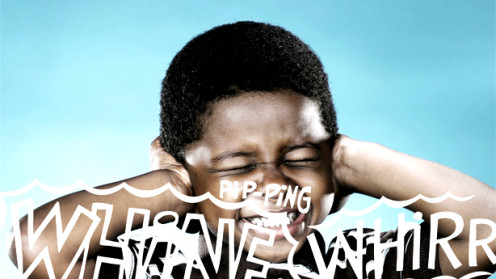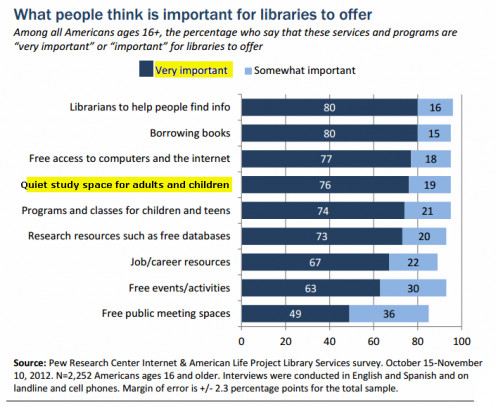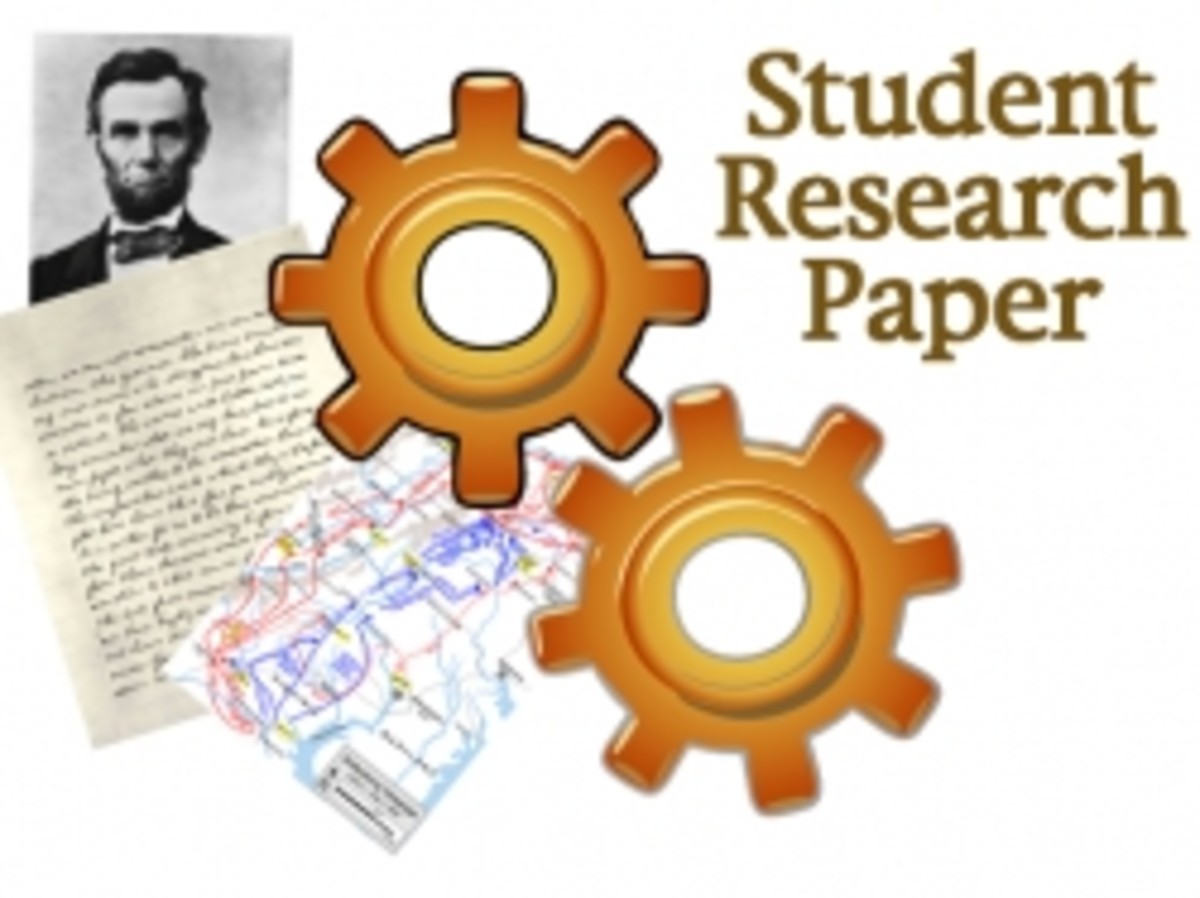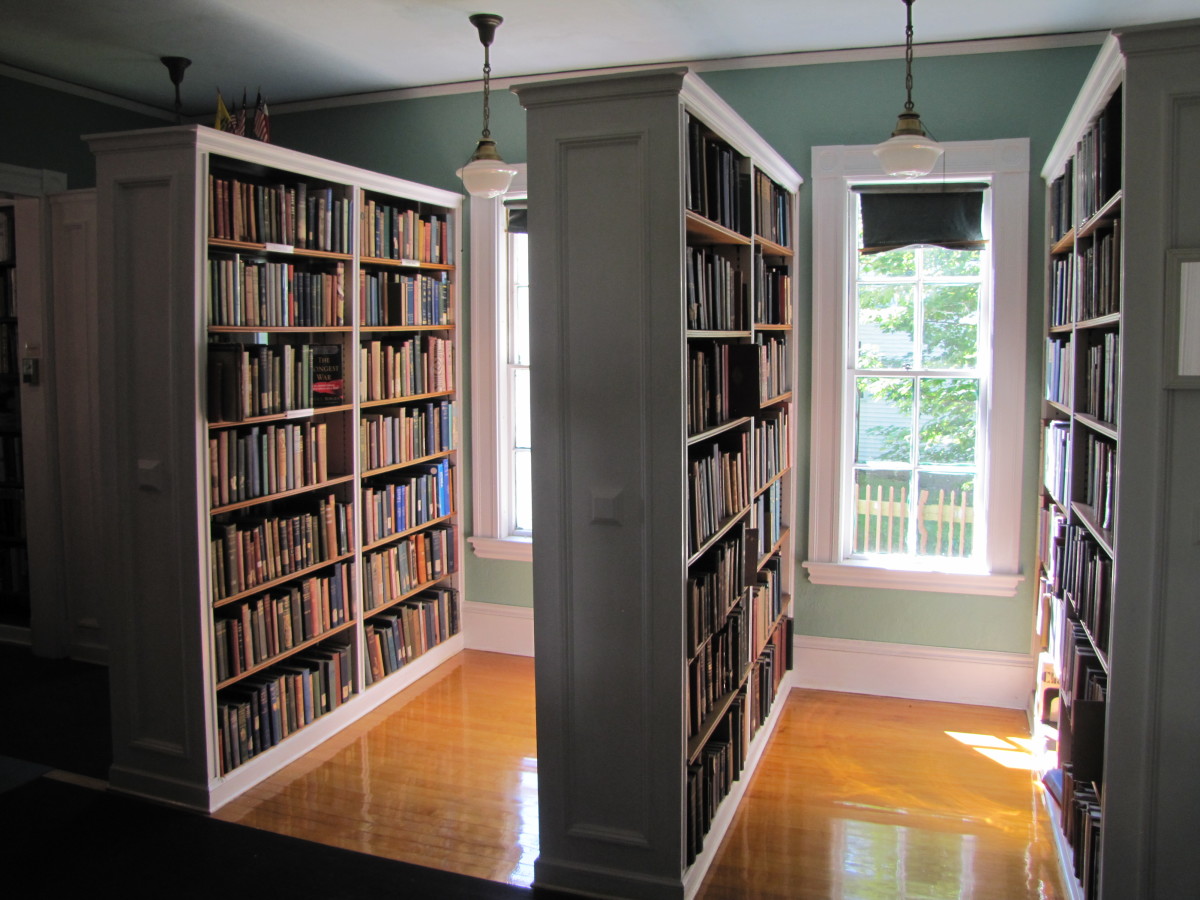Library Noise Horror Story - When Noble Intentions Go Terribly Wrong
This is a story about my witnessing first-hand the demise of respect for the public space commons in one university library, over a period of approximately five years between 1999 and 2004.

Here I will NOT name names, either personal or institutional. The greater aim is to illustrate the gravity of a problem and the overt denial of this problem that still exists today.
Temple Of Self Knowledge
For many years, I found great intellectual enrichment in libraries of various universities that I attended, both as an enrolled student and as an independent learner. One university in particular became my greatest resource, because I came to live in the neighborhood where this university was located.
Part of my daily routine was walking to the library of this university for reasons of doing independent research on various subjects of great interest to me. At the time under consideration here, I was not an enrolled student. Instead, I took advantage of the university's "Friends Of The Library" membership plan that allowed any citizen to buy a library card and to use the materials there. I also took advantage of the university's offering of public access computers, where any citizen could log into databases or log onto the internet.
The university's public access computers were in an area of low ambient light, accented with track lights, sitting on high tables, where bar stools enabled users either to stand or to sit in unconstrained postures on the high stools. Since I was a fitness instructor at the time, I appreciated both the stand-up option and the cave-like light partitioning amid the pleasing openness of the hallway commons.
Insidious Noise Invasion
This temple of knowledge, however, slowly became incapable of supporting serious study. The reasons included:
- excessive, unchecked cell phone use,
- loud (sometimes obscene) conversations,
- noisy library orientations trampling through the area, led by a library staff teacher who seemed to love the sound of his own voice as much as his job in the library profession.
Here in this same area of the library, I had grown accustomed to a level of contemplative quiet that had not changed in over a decade. I had arrived at some of my greatest insights in this quiet. Now I felt assaulted in a space that supposedly enabled public access to information, unable to assimilate the information that I had accessed because of all the invasive noise.
The public access provision of the university library, thus, became a superficial appearance with little true utility. Perhaps this superficial appearance served to strengthen the library's mission statement or funding eligibility, but it no longer did so truthfully, in the manner that I had grown to expect of a UNIVERSITY LIBRARY.

Making Noise About Noise
Consequently, I began to do what is difficult for people, quiet by nature, to do – make noise, or complain, about the noise. I made daily approaches to library staff, asking them to control the invasive noises. I had to walk away from my computer station, risking loss of my station to someone else, or risking disappearance of the noise disturbance in that exact moment when it occurred, only to have a library staff person arrive where now the disturbance no longer existed. In the time it took me to walk away to complain, the noise could go away, yet an instant later, a different disturbance could replace it, motivating me to walk away again, only to return to another disappeared disturbance.
I made numerous such approaches to library staff, becoming very frustrated by the deterioration of my once quiet independent study area. Because these approaches did little good, I began emailing the Dean of the library, expressing my amazement at how the commons atmosphere had deteriorated into a noisy circus. This Dean responded in a predictably diplomatic tone, but a tone that was lighthearted and dismissive. His tone was one of utter acceptance of the noise. My tone was one of utter rejection of the noise, utter insult, and utter disbelief of the Dean's attitude.
Challenging The Noise Paradigm
I, thus, verbally challenged the Dean's email responses with biting criticisms. I never cursed him. I never used words to attack his person. I never threatened his person in any way. I questioned the ethics that supported his attitude. I questioned the morals. I questioned his duty, his responsibility, and his very position as Dean of a UNIVERSITY LIBRARY.
In my emails, I described in vivid detail the sorts of behavior that I witnessed daily as a person on the front lines of his operation. I quoted the cursing I heard over cell phones. I reported loud partying crowds getting off elevators nearby. Again, the Dean's tone was compliant and dismissive, as if this sort of behavior were the norm in his UNIVERSITY LIBRARY. Again, I challenged his tone, his words, his definitions, and his whole demeanor towards this situation.
Paradigm Police
One day I was startled by a loud knock on my private apartment door, accompanied by a loud voice announcing, "Police department!" The Dean's response, thus, was to dispatch campus police to where I lived.
I opened my apartment door, and confirmed with the police Captain that he did, in fact, hold copies of emails that I had written – no cursing, no threats, no personal attacking, remember, just pointed philosophical challenges to the paradigm that the library Dean seemed to endorse. As I looked down stairs leading up to my door, I saw the police Captain's Lieutenant crouched in readiness at the base of those stairs. Was there a S.W.A.T. team outside too, I wondered.
The police Captain's explanation was that he was there, "to assess me as a potential threat to the university." I invited him in. I assured him that I had no stash of weapons in my closet. He advised me, "You need to watch what you say." I responded, "This is a free country", with some further defense that philosophical criticism was not a crime. He did not like this, but he left with full assurance that I was NOT a criminal threat to the university that the library Dean had led him to consider.
College Education?
I got some good education that day, on the subject of challenging a paradigm that has solidified through funding, through salaried positions, through self-concepts, and through prized reputations within a given profession. I learned that university librarians could foster questionable standards to please tuition-paying students, even if such standards conflicted with what most people considered (and still consider) a very important attribute of libraries.
Most People Think Quiet Is Very Important For Libraries

Little did I realize that a new library paradigm favoring group chatter had insidiously usurped a traditional library standard favoring individual study. The quiet commons had become the noisy commons. The fear of silence in Western cultures had reached new heights. The library profession now endorsed this paradigm of noise over silence. THIS is what I was threatening. THIS appeared to be why a university library Dean really summoned police to my private living quarters – I did NOT threaten the man or the university, but I threatened a new paradigm.
The library Dean easily subsumed my paradigmatic threat into a criminal threat to his university, during a time when college campuses nationwide were paranoid about terrorism, mass shootings, and other crimes. The Dean, thus, misrepresented my threat, possibly innocently as a precaution, which would have been forgivable, or intentionally as a power play, which would have been an abuse of his position.
Either way, the Dean's actions illustrate how a new noise paradigm has gained a powerful grip on people who are in charge of operating libraries today.
Bass Ackwards
Librarians today simply have become blind to noise. Librarians have become noise-accepting addicts, engulfed so deeply in a problem that they are parts of the problem, like drug addicts who are too far inside their own bad habits to realize them.
Modern librarians have become defiant children wanting to break the barrier of quiet, in order to escape feared stereotypes resulting from misperceptions of quiet and fears of silence.
Modern librarians want to condemn quiet people to tomblike containers, walled off from beautiful, open, well-lit public-space commons. This is backwards. The noisemakers are the ones who should be behind walls, leaving an open commons in the most ground-level state of respectful quiet, like the cosmic zero-point energy field that is the deceptively calm, yet infinitely rich ground of all creation.








